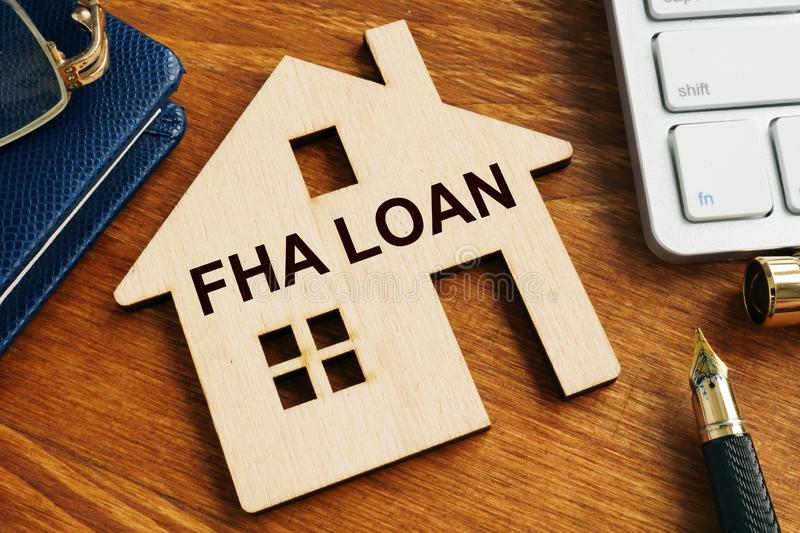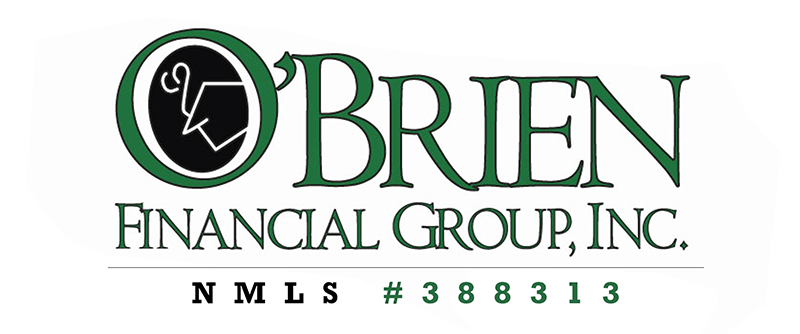
What is an FHA Loan
FHA loan is a type of mortgage that is insured by the Federal Housing Administration.
They are designed to help low-to-moderate income borrowers and first-time homebuyers who may not be able to qualify for conventional mortgages.
FHA loans have less stringent credit and income requirements than conventional mortgages and offer lower down payment options.
This is an attractive option for borrowers with limited savings.
You can put down as little as 3.5% of the purchase price of the home, compared to the 20% down payment that is often required for conventional mortgages.
FHA loans also offer more flexible eligibility requirements for people with a history of bankruptcy or foreclosure.
However, FHA loans require the borrower to pay an upfront mortgage insurance premium and ongoing mortgage insurance premiums, which can add to the cost of the loan over time.
FHA loans are available through FHA-approved lenders, such as banks and credit unions, and are available for both purchase and refinance transactions.
What Are The Pros Of An FHA Loan
There are several potential benefits to getting an FHA loan.
The biggest advantage is needing a lower down payment, making it a great option for first time buyers.
FHA loans have more lenient credit score requirements than conventional loans, which can make it easier for borrowers with less-than-perfect credit to qualify.
They also have lower interest rates than conventional loans, which can save borrowers money over the life of the loan.
They allow for a higher debt-to-income ratio than many conventional loans, so more people are able to qualify.
Overall, FHA loans are easier to qualify for than many conventional loans because they have less strict eligibility requirements.
Another big plus is that FHA loans are assumable.
This means that if you sell your home, the buyer may be able to assume your FHA loan and keep the same interest rate and terms.
What Are The Cons Of An FHA Loan
While there are several potential benefits to getting an FHA loan, there are also some potential drawbacks that borrowers should be aware of.
These types of loans require borrowers to pay an upfront mortgage insurance premium at closing, as well as ongoing mortgage insurance premiums for the life of the loan.
This can add to the overall cost of the loan.
FHA loan limits are generally lower than conventional loan limits, which may limit the amount of money you can borrow.
These government backed loans require that the property meets certain condition requirements, which may limit the types of homes you can purchase with an FHA loan.
There is also less flexibility in terms of repayment schedules and other loan terms than some conventional loans.
They require a more stringent property appraisal process than conventional loans.
Lastly, they may take longer to process than some conventional loans, which can be a disadvantage in competitive real estate markets.
Consulting a good mortgage broker can help you understand if an FHA loan is a good option for you especially if you have limited savings or a lower credit score, or if a conventional loan is the better choice based on your individual circumstances.
